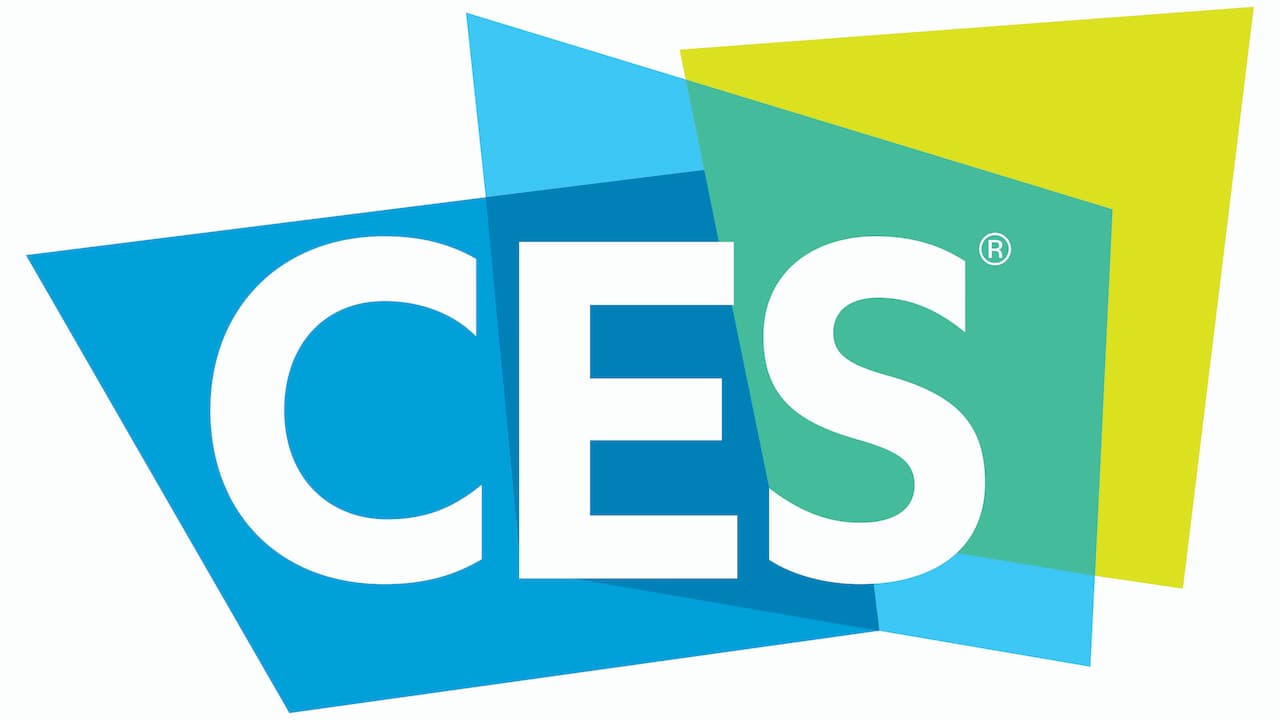Every January, the Consumer Electronics Show sets the tech stage for the upcoming year. There are thousands of products launched, many of which won’t even be available for a few months. And every year, I’ve seen ten or more new Chromebooks and ChromeOS devices. Except for this year. CES 2024 was basically a bust for new Chromebooks.
What new Chromebooks launched at CES?
Barely a handful of ChromeOS laptops were announced. Of those, the Asus Expertbook CX54 Chromebook Plus was actually pre-announced back in December. The Asus CM30 ChromeOS tablet got some press in November. Show attendees also got a look at the new Lenovo Chromebox Micro. That too was a December news item.
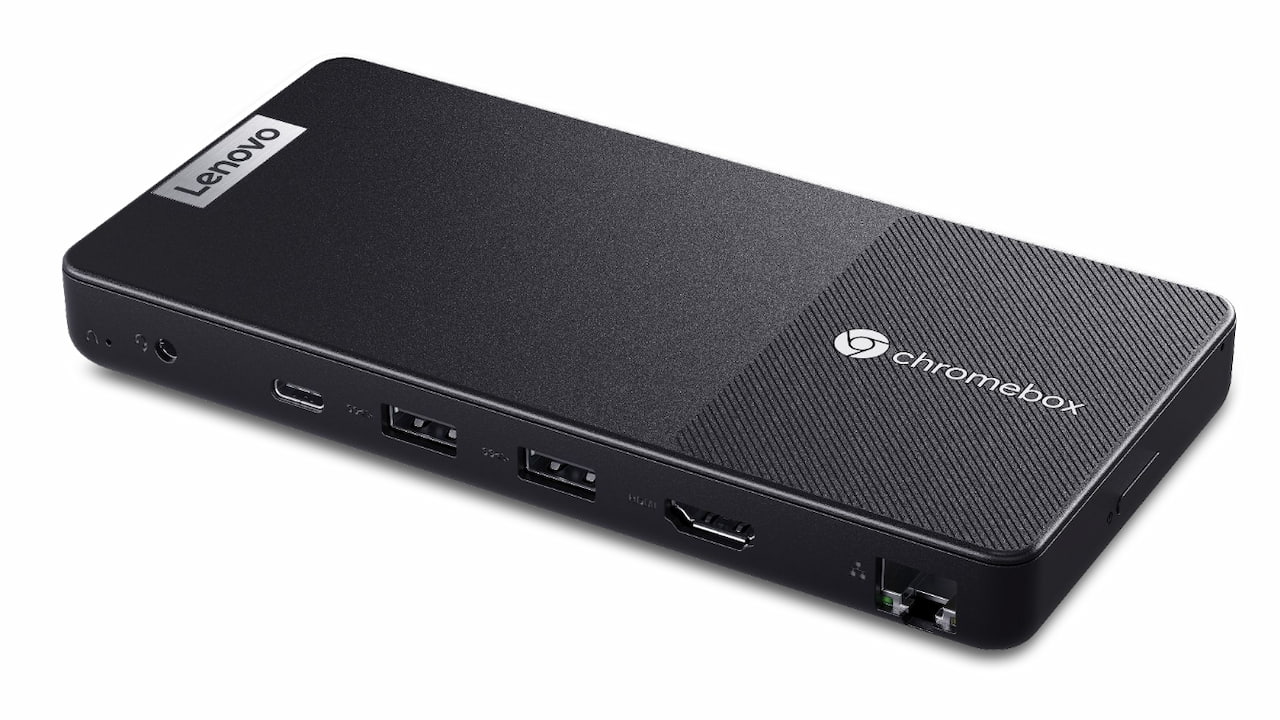
About the only new Chromebooks I learned about from CES are a trio of “purpose built” laptops from HP. You can read the official release on the new Fortis Chromebooks here.
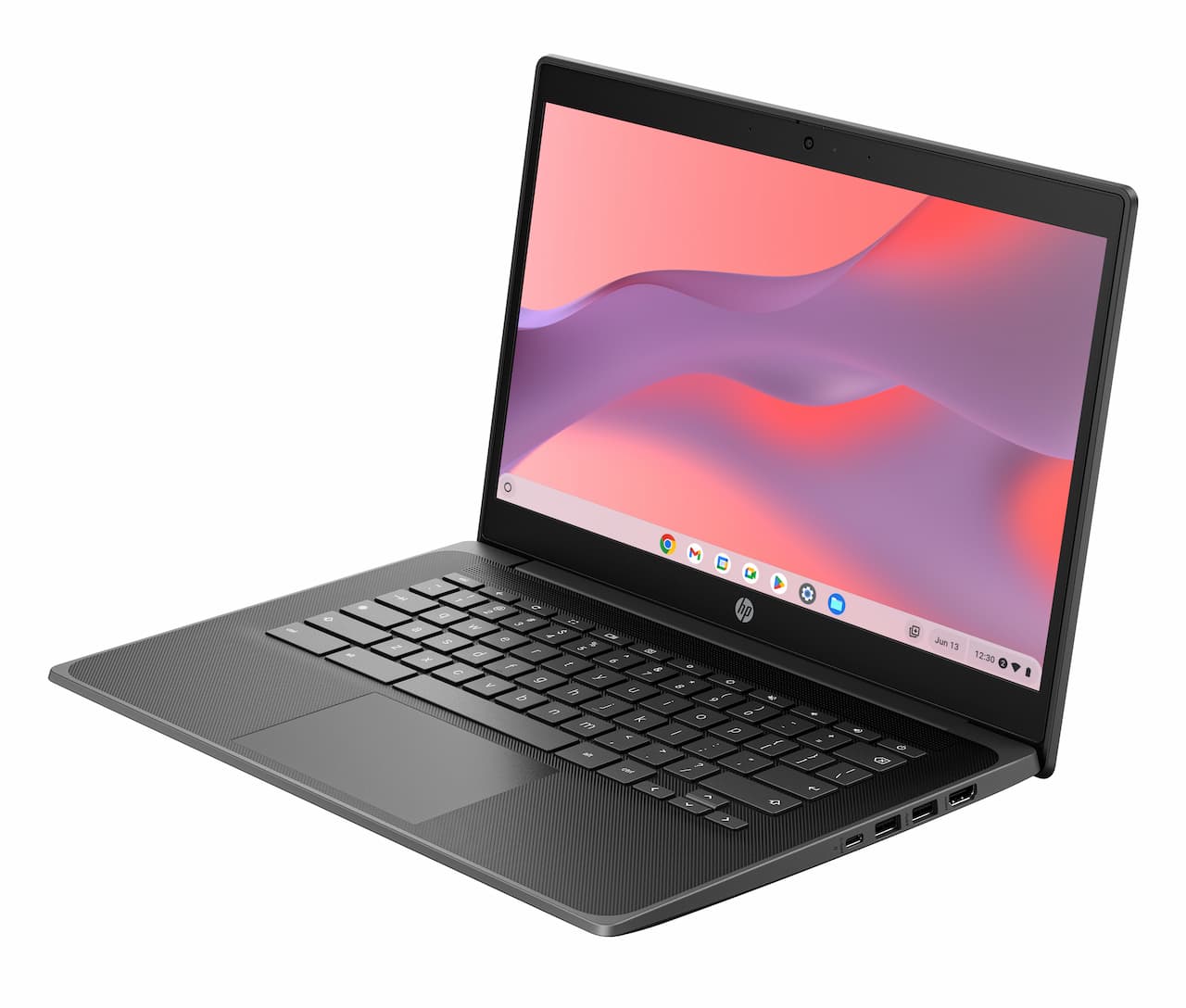
The TL; DR summary: These are rugged 11- and 14-inch Chromebooks with Intel quad-core processors. Prices range between $309 and $369, depending on the model. In other words, they’re ideal for field workers and in the education sector.
The Chromebook Plus launch pre-CES
When Google and its hardware partners introduced the Chromebook Plus models in October, I had a sneaking suspicion that CES would be non-event for ChromeOS. Why? Because the Chromebook market isn’t like the traditional Windows PC market.
Before, during and after CES, you can always find new Windows PC hardware launching. There are laptops for everyday users, for creators, for gamers, for… well, just about everyone. And many of those product launches center around the chip designer cycle.
Meaning: When Intel and/or AMD debut new CPUs, you see a slew of new computers launch over the following months.
The Chromebook market isn’t quite like that. ChromeOS laptops tend to get the latest CPUs well after the PC vendors get them in Windows machines. A perfect example of this is the Chromebook Plus models at launch: Several used 12th gen Intel silicon even though 13th gen chips officially launched in October of 2022!
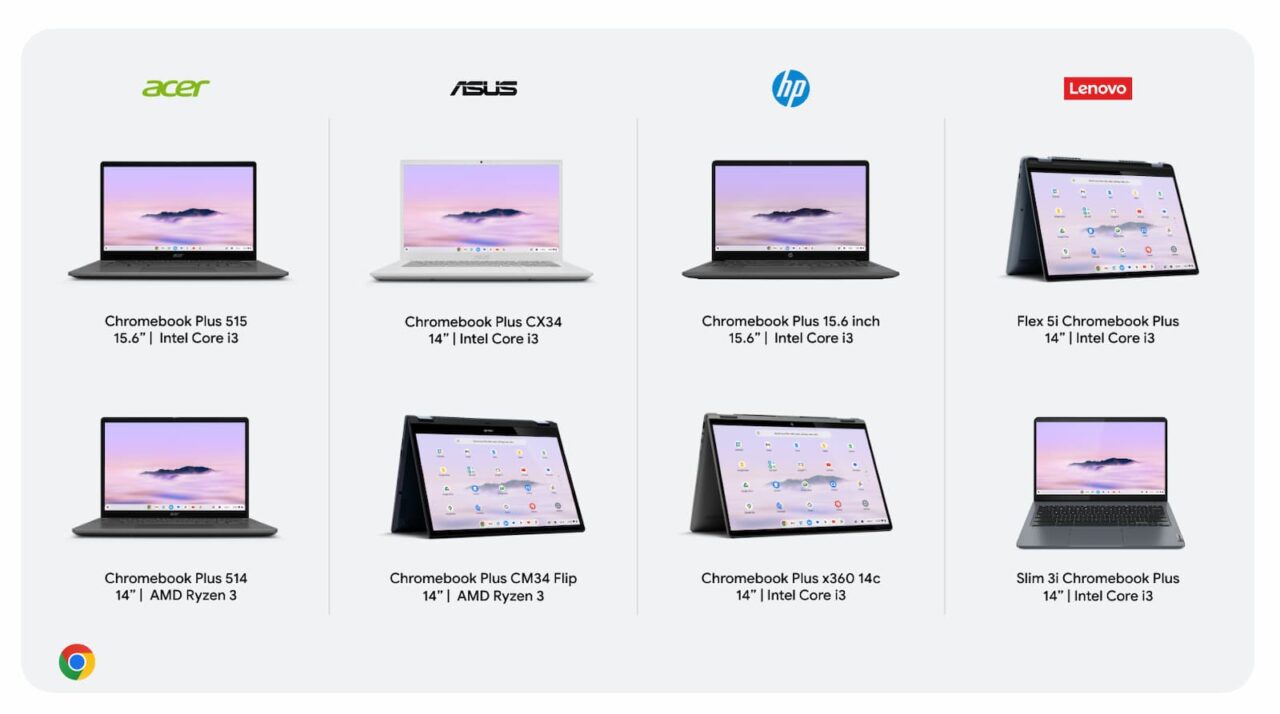
The point here is this. Once the Chromebook Plus models launched, I figured most of Google’s hardware partners would ride that out for at least six months. With CES only three months after the Plus launch, I didn’t expect much.
Kudos to Asus who at least has a rare 14th gen Intel, or Meteor Lake, Chromebook Plus on the way.
Will 2024 be a continued bust for Chromebooks?
Circling back to the beginning of my thoughts, I mentioned that CES sets the stage for the coming year. With such a dearth of ChromeOS devices at this year’s event does that mean 2024 will be a wash for Chromebooks?
I don’t think so. I think this whole situation was one of semi-bad timing.
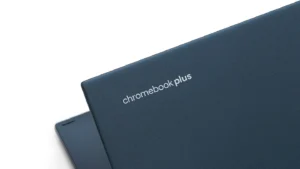
If Google had planned for the Chromebook Plus launch at CES, it might have been better. But working with various hardware partners, different chipsets and managing the software is like herding cats.
So the Chromebook Plus linueup launched when it was ready. And that meant with some older CPUs and tweaks on existing models rather than completely new devices.
Once laptop vendors get through their initial wave of new Windows PCs, we should see more updated Chromebook models available. They should at least have Intel’s 13th gen chipsets inside although some, like Asus, will jump right to even newer CPUs. After all, we need that improved silicon for AI features. (Note: I’m not sold on that just yet.)
We also have the reported ending of Qualcomm’s exclusive partnership with Microsoft’s Windows on ARM effort this year. I’m hoping that’s true and that we can finally get some of the better Snapdragon chips inside Chromebooks and ChromeOS tablets. Or maybe even some ARM chips from AMD and/or Nvidia. More silicon options would be welcome in ChromeOS-land.
Even if CES wasn’t a showcase to set expectations, there’s plenty to look forward to in the Chromebook space in 2024. Let’s see where the year takes us.
The post Why CES was mostly a bust for new Chromebooks appeared first on About Chromebooks.

